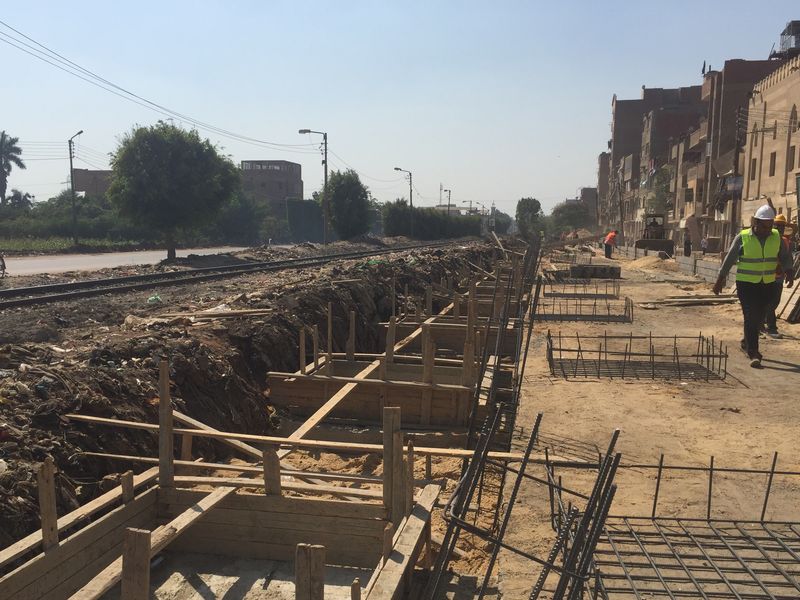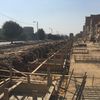Greater Cairo:Participatory Development Programme in Urban Areas (PDP)
Disziplinen
-
Stadtentwicklung
Gesellschaften
Dorsch International Consultants
Auftraggeber
Egyptian Government (contribution)
Dauer
Von 2015 bis 2019Projektleistungen
Giza Governorate:
- Upgrading of solid waste management equipment
- Upgrading of roads and street lighting
- Rehabilitating of public housing units and youth centres
- Replacing and rehabilitating of potable water networks
Qualubeya Governorate:
- Upgrading of roads and lighting systems
- Upgrading of solid waste management system
- Constructing of a new school and provision of equipment
- Rehabilitating of health centres and providing equipment
- Canal covering and establishment of a public park (including landscape and hardscape)
Cairo Governorate:
- Constructing, rehabilitating, and equipping health centres
- Upgrading of roads and street lighting
- Providing solid waste management equipment
- Upgrading of water supply system
- Establishing a park (including landscape and hardscape)
- Rehabilitating and equipping of schools
Capacity building and on-the-job training to the Governorates and relevant authorities based on a needs assessment, the topics included procurement processes according to PRAG, financial management of the contracts, processing of payments and variation orders, health and safety measures, designing awareness raising campaigns, and site supervision.
Kontakt
Dorsch International Consultants GmbH
München (Headquarters)
80687 München
Germany
Tel.: +49 89 5797-0
Fax: +49 89 5797-800
E-Mail: info@dorsch.de
Beschreibung
The Participatory Development Programme (PDP) focused on the upgrading of informal areas in the Greater Cairo Region (GCR) – Cairo, Giza and Qualubeya Governorates – by introducing and supporting the implementation of participatory methodologies for urban upgrading with public administration and civil society organizations to improve service provision, and thus, living conditions in an integrated manner to alleviate urban poverty.
The project contributed to the improvement of the living conditions for nearly 2 million residents in 9 unplanned informal urban areas (in GCR) through developing reliable, sustainable and resilient of infrastructure with a focus on affordable and equitable access for all including adequate and safe housing, health centres, roads, schools, solid waste management and safe drinking water. The project also included capacity building using on site demonstrations, and on-the-job training.

